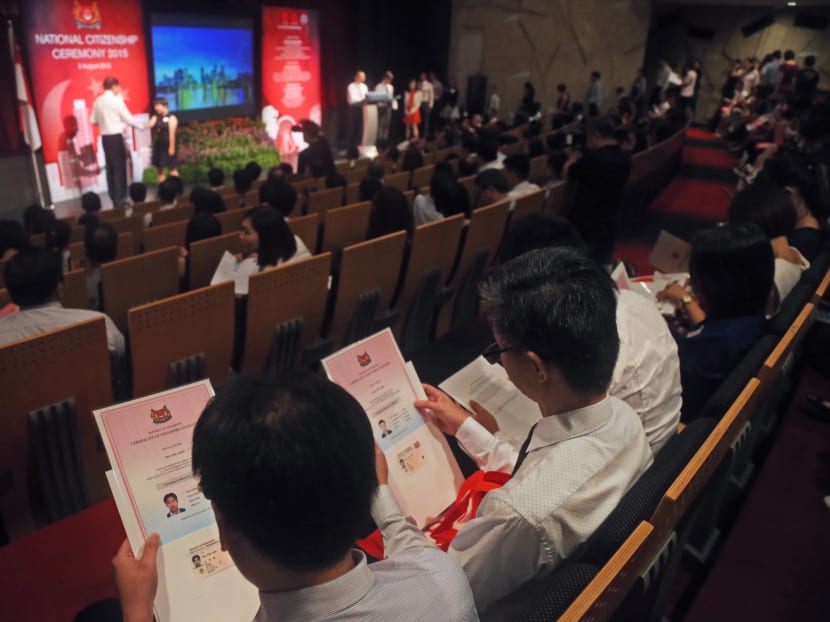New immigrants kept at arms length: Survey
SINGAPORE — Not only are new immigrants perceived to be more racist, they are also the least preferred group among the different races here when it comes to social and business interactions, says a survey on race relations commissioned by Channel NewsAsia and the Institute of Policy Studies (IPS).
SINGAPORE — Not only are new immigrants perceived to be more racist, they are also the least preferred group among the different races here when it comes to social and business interactions, says a survey on race relations commissioned by Channel NewsAsia and the Institute of Policy Studies (IPS).
For example, new immigrants from China were viewed as at least “mildly racist” by 65 per cent of the respondents. New immigrants from India and the Philippines were also perceived to be at least “mildly racist” by 54 per cent and 56 per cent of the respondents respectively.
In contrast, 56 per cent of all respondents viewed Chinese Singaporeans as at least “mildly racist”, while 53 per cent and 49 per cent felt the same way about Malay Singaporeans and Indian Singaporeans, respectively.
The survey also found that new immigrants were the least preferred when it comes to someone marrying into the family, helping with business issues or sharing personal problems with.
For example, only half of the respondents said they would invite new immigrants to their homes for a meal. In comparison, between 66 per cent and 90 per cent of the respondents indicated they would ask someone of a different race — Chinese, Malay or Indian — over for a meal.
Also, only 7 per cent of the respondents said they would prefer a future Prime Minister to be a new immigrant.
IPS senior research fellow Dr Mathew Mathews, who headed the survey, said of the findings: “People sometimes perceive, though unfairly, that new migrants are threats to existing ways of living. People then perceive that new migrants, who often come from societies which are not multicultural like ours, may hold onto many more prejudices.”
He stressed that these perceptions “may not always be true since many new migrants may have had exposure in their own countries to people of other cultures”.
“But it can’t be denied that depending on the background of new migrants, they may not have imbibed the same norms we have about the value of other races and (accord) due respect and sensitivity to different cultures,” added Dr Mathews.










